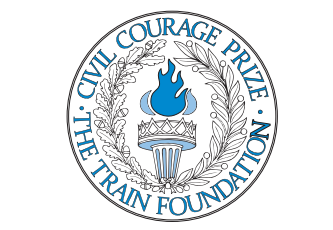Conditions in North Korea and Eastern China have been widely characterized as a humanitarian disaster. As many as 500,000 North Koreans facing hunger and starvation have crossed the border and gone into China.
China, contrary to international law, tracks down and repatriates refugees. Since Pyongyang deems it a crime to leave the country, the refugees returned by China are treated as criminals, and are subject to imprisonment, torture and possible death. China persecutes those who aid refugees, as well.
This is where an unassuming pastor from North Korea comes into play.
The Reverend Phillip Jun Buck created an "underground railroad," guiding over one hundred North Korean refugees out of China and ultimately to safety in South Korea.
Additionally, he has sheltered and fed more than 1,000 refugees stranded in Eastern China while fleeing Kim Jong Il's regime. Convicted of the crime of helping illegal immigrants, he spent 15 months in a Chinese prison where he suffered from malnutrition, intense interrogation and sleep deprivation.
In 2007, he was awarded the Civil Courage Prize, and EqualShot designed a public affairs strategy for the pastor, escorting him to Washington, DC to meet with members of Congress, non-governmental organizations and the media.
The Wall Street Journal heralded Pastor Buck in an editorial called "Not Nobel Prize Winners," saying that men and women including Pastor Buck "put their own lives and livelihoods at risk by working to rid the world of violence and oppression. Let us hope they survive the coming year so that the Nobel Prize Committee might consider them for [a future] award."





